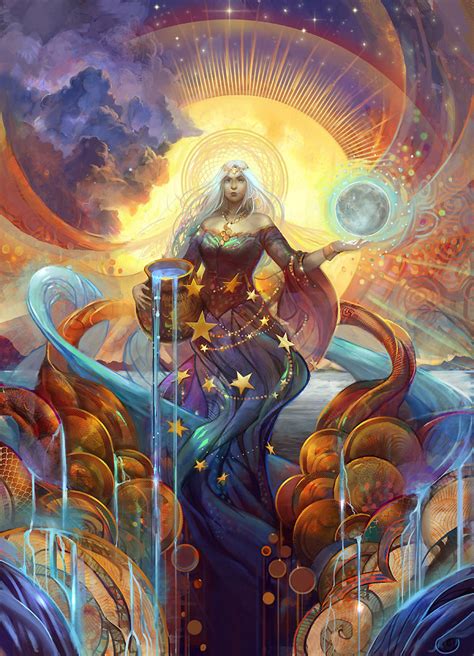A Quote by Tom Freston
If you look at the Internet, it's been hard for a lot of the traditional media companies to launch viable brands.
Related Quotes
I see "demand creation" as a 20th-century construct that's bound up with advertising. It's an outmoded view of marketing that says, "First, we build a product or service, then we advertise it into people's lives." Embedded this view is the belief that companies control brands. This is a myth. My message all along has been that brands are actually created by customers, not companies. Companies only provide the raw materials - the products, messaging, behaviors - that people use these to create brands.
There are fewer media writers in traditional settings. That is a beat that many legacy brands cannot afford. On the other hand technology writers are writing about media in ways they didn't before. As a consequence of the shift, there is less interest in many ways in the activities at some media. If you look at coverage of media as whole, the decision-making at the three broadcast networks and the cable channels, for instance, is much less of a focus than it once was. The guts of what goes on at Fox or CNN or MSNBC probably has less impact than it once did. It certainly gets less attention.
PR got to be much bigger because of the emergence of digital media. Now we have hundreds of people who are, in a sense, manning embassies for Facebook and Twitter for brands. So the business in effect has morphed from pitching stories to traditional media, to working with bloggers, Twitter, Facebook and other social media, and then putting good content up on owned websites.
The most potentially transformative impact of social media is its ability to encourage brands to marry profit and purpose. The reason brands participate is that such outreach earns those companies social currency enabling them to start or participate in conversations that connect them to consumers in meaningful ways.
I've talked about how the future of journalism will be a hybrid future where traditional media players embrace the ways of new media (including transparency, interactivity, and immediacy) and new media companies adopt the best practices of old media (including fairness, accuracy, and high-impact investigative journalism).
What I love about what I get to do is that I'm allowed to create the stories that I want to tell with minimal interference by some very big corporations like Microsoft and Sprint and EA and BioWare. The advantage that these tech companies have is that they understand the space organically, versus traditional media companies.



































